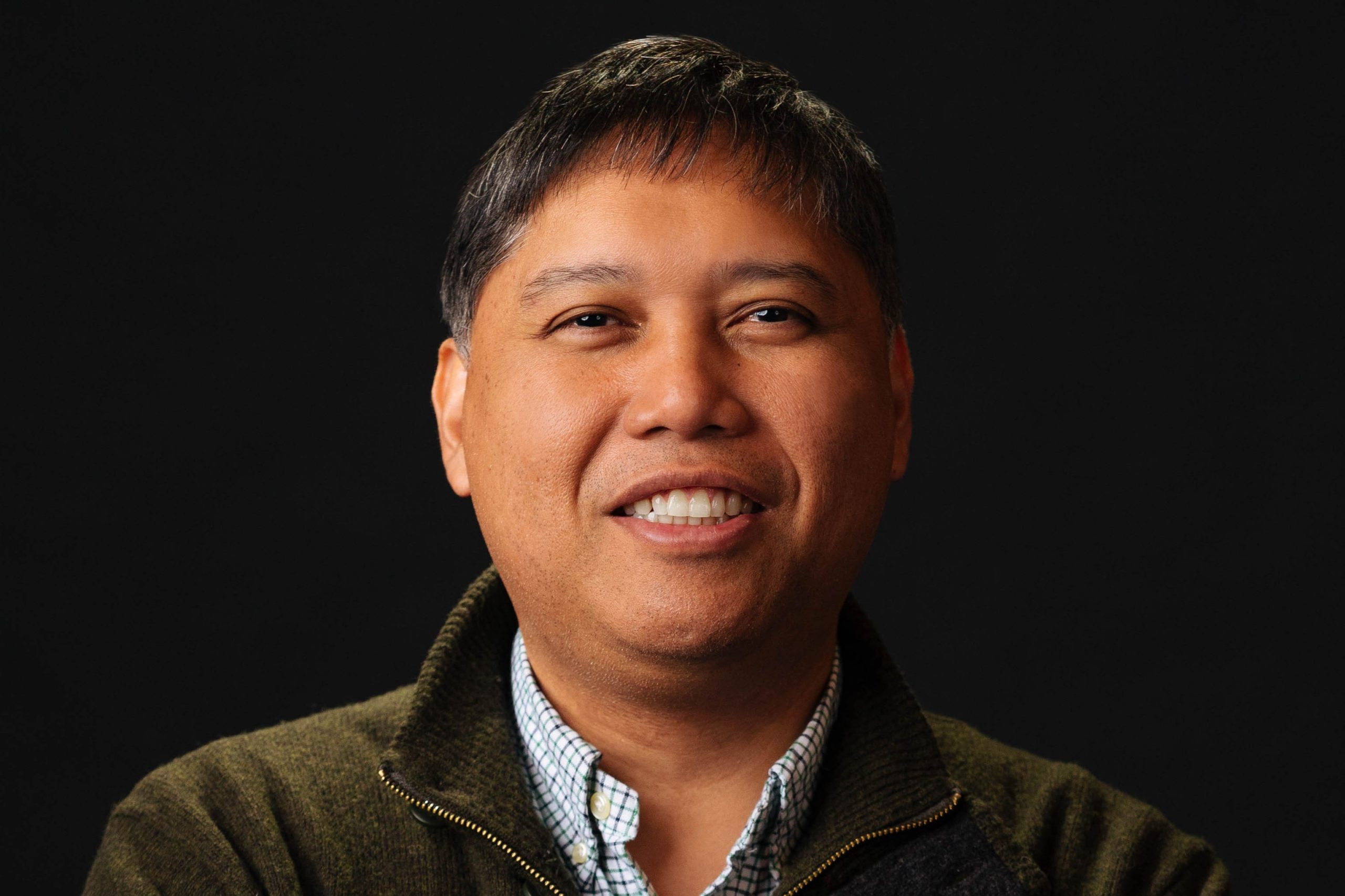Hello, my name is Bernardo Soriano and I serve as a vice president in the Financial Services Department at Gregory FCA. In honor of Asian American and Pacific Islander (AAPI) Heritage Month, I have shared my responses to the questions below, reflecting on my ethnicity, life experiences and career.
What does AAPI Heritage Month mean to you?
To me, AAPI Heritage Month means a time to celebrate the contributions that Asian Americans and Pacific Islanders have made to our country. It’s an opportunity for everyone to understand the beauty of our culture and why it’s very different than any other minority group.
I think it’s very important for people to understand that the term “AAPI” is not monolithic by any means. Asian Americans and Pacific Islanders comprise many different ethnicities, so grouping them into one category doesn’t do the group justice. Chinese, Japanese, Indians, Filipinos, Vietnamese, Hawaiians and many other ethnicities all have their own unique struggles and identity issues. I understand that to promote diversity, it can be helpful to the rest of society to group these ethnicities together, but people need to understand that the Asian American and Pacific Islander experience in the U.S. is very broad and complex.
What would you like people to know about growing up as an Asian American or Pacific Islander?
I think I had a unique upbringing compared to many other Asian Americans, because I grew up as a Filipino American in Hawaii. Since Asian Americans and Pacific Islanders (Japanese, Chinese, Koreans, Native Hawaiians) make up the majority of the population in Hawaii, that experience taught me to appreciate my heritage even more. I didn’t personally experience the stories I would hear in the news about outward and overt racial injustice. Hawaii is a small place and the culture there is very welcoming of other ethnic groups. We even poke fun at each other in a lighthearted way.
I didn’t understand the struggles that many Asian Americans had to endure until I moved away from home and attended college in California. I learned about how difficult it was for first-generation Asians Americans to find work when they came to the U.S. Many had a challenging time assimilating into U.S. culture and were discriminated against in terms of finding employment or housing and obtaining education. It was an eye-opening experience for me.
Do you have any Asian American or Pacific Islander role models?
One who comes to mind is Benjamin Cayetano, who served as the governor of Hawaii from 1994 to 2002. I always respected what he accomplished despite coming from humble beginnings, putting himself through college and forming a very successful law practice before successfully running for governor. I know that he overcame a lot of obstacles to become the highest elected Filipino American government official in the United States.
What does diversity in the workplace mean to you?
I once heard this saying … diversity is inviting someone to the party, while inclusion is asking someone to dance with you. I think that is a really effective way of framing how underrepresented groups should be treated in the workplace. It’s important that companies and co-workers make a proactive effort to give people a chance to take on projects, and do work they are passionate about that suits their skills. Don’t discount someone because they don’t necessarily fit the mold of a prototypical employee who was an honor student in high school and went to a top college. Life experience is the greatest teacher, and many minorities didn’t necessarily follow a straight path in their careers. But that life experience helps them to eventually become great leaders.
What do you think can be done to help educate people about issues affecting the AAPI community?
I think education comes from both sides. One person wants to open themselves up to learning more, and the other person is willing to teach them about those issues. I, myself, could learn more about the struggles that many Asian Americans and Pacific Islanders face. I think people generally believe that Asian Americans tend to be affluent because many go to college and focus on STEM careers, but that’s not necessarily the case. There are many people in the community who face economic hardships and are just getting by in life.
People can learn more by growing their circle of friends, making an effort to talk to those who they might not otherwise, asking questions about what matters to them, or even watching a movie about the Asian American experience. In particular, I think that the recent movie, “Everything Everywhere All at Once” could be very educational. In the end, just being open to hearing about issues that matter to the AAPI community is a good starting point.
About Bernardo Soriano
A 20-plus-year veteran financial communicator, Bernardo started his career with Bloomberg TV and Radio and spent over 10 years producing various investment, personal finance and political programs. He also helped launch the flagship business program on CCTV America. For the past six years, Bernardo has been working in financial services PR. He is happy to be able to effectively tell clients stories in the media with the knowledge he has gained from being on both sides (PR and news).
